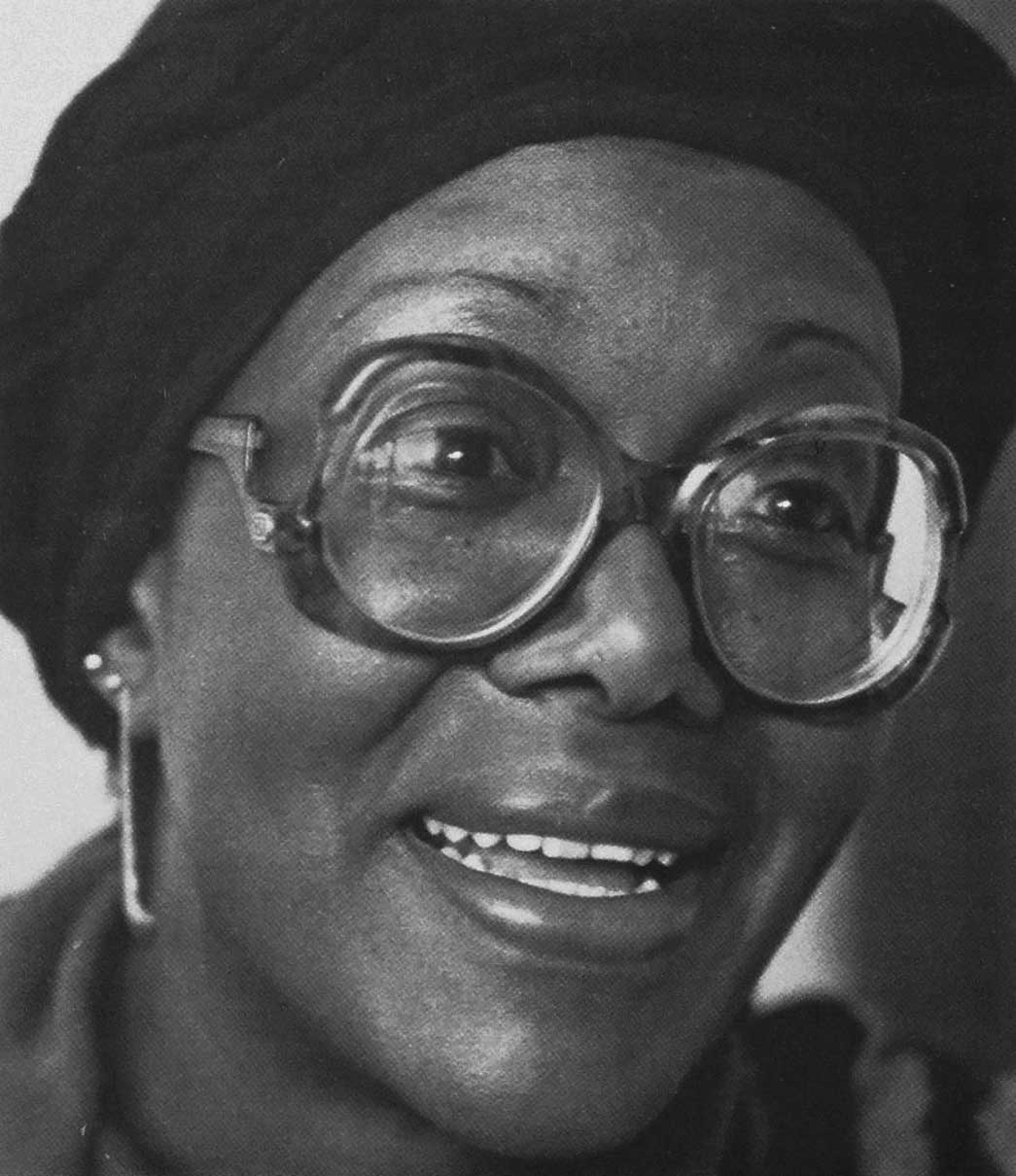Missisippi Trace - Black Crafts
By Grace Hampton
Editor's note: "Black Crafts" is a section of the article "Mississippi Trace," which highlights several ceramicists living and working in Mississipi when this issue, Vol. 10, No. 2, was published in June 1982.

Most Black people in the South are still at a survival level, needing things that are tangible and functional. The crafts are a natural starting point. If you want to do something in the arts and what you make has a functional value, it becomes more real for you if you broaden your definition of arts to contain the crafts. In terms of where Blacks are in crafts now, I don't see a major interest in the crafts per se, but to understand that, you have to look at the economics of where you are. You have to look at what art is, and how it functions in our culture. You 're looking at a group of people in the South who are still on the lower social, economic, and political rungs of the ladder. They don't really have the energy, effort, and time it takes to be a craftsperson. Survival is still a problem. You can't separate a Black crafts problem from a crafts problem. In our society, how does one look at the artist and the craftsperson? Although since the mid-fifties, and especially since the sixties, there has been a great upsurge in doing crafts, there still has not been enough of a support from the masses — the people — for the survival of the craftsperson, Black or White. It's a problem the artist has in this society. Then you overlay the whole racial thing, and it becomes even more difficult for Black people.
It disturbs me that this may cause another confrontation regarding survival on a basic level: Who is going to decide who is going to have money; who will go to war; who will control simple things like how much electricity or gas you get in your area? The whole country is getting to that point. It's going to be a social battle, where the lines won't be as clear as in a racial thing. There will be Whites who are going to be hurt, and there will be Blacks on the other side saying, "These people don't need any more either." This affects the artist on both sides of the line 0 those who have made it in the community and who do get some of that endowment support (Black and White), and those who are fearful because of what will happen to them and because of where the country is going. You cannot separate what is happening in the arts from what is happening in the country.
Some folks will buy from artists who are considered primitive, who fit into a category that allows the buyer to think of them as certain kinds of people. This is cruel, but if you don't fit the stereotype — if you don't get down, if you don't do the blues, if you don't shuffle — then you're too arrogant. I think about how I may be viewed sometimes if my eye contact is a little too strong, or my tone of voice is a little too high. Maybe craftspeople don't want to promote themselves the way it takes to be successful. There may be others who capitalize on that. There is one level for financial survival; but there's another level for integrity.
If you find a Black artist doing something very contemporary, however — something in New York, Chicago, or California — these same people would say, "He copied that from someone else." It's not overt. This kind of attitude is an integral part of our society's way of thinking. It's very subtle, especially in the South.
Now the pendulum has swung both ways. There was a time when Blacks were part of the working tradition, and it made us feel a little more legitimate. It meant we could cut it on the Whites' level: "I'm just as good as a White craftsman." We had the right to get in if we wanted to — the whole freedom thing; but right now, some Blacks have learned from that push that you still didn't have that quality of experience. It's not just because someone is saying, "You can't get in because you're Black." I'm sure there is still a lot of that. The atmosphere is not conducive to Blacks flourishing in the crafts. It's true that the crafts movement is lilywhite, but at the same time, there is a standard of quality that even I would look for. Getting there because you're Black is one thing, but staying there and doing quality work because you want to do quality work is another.

